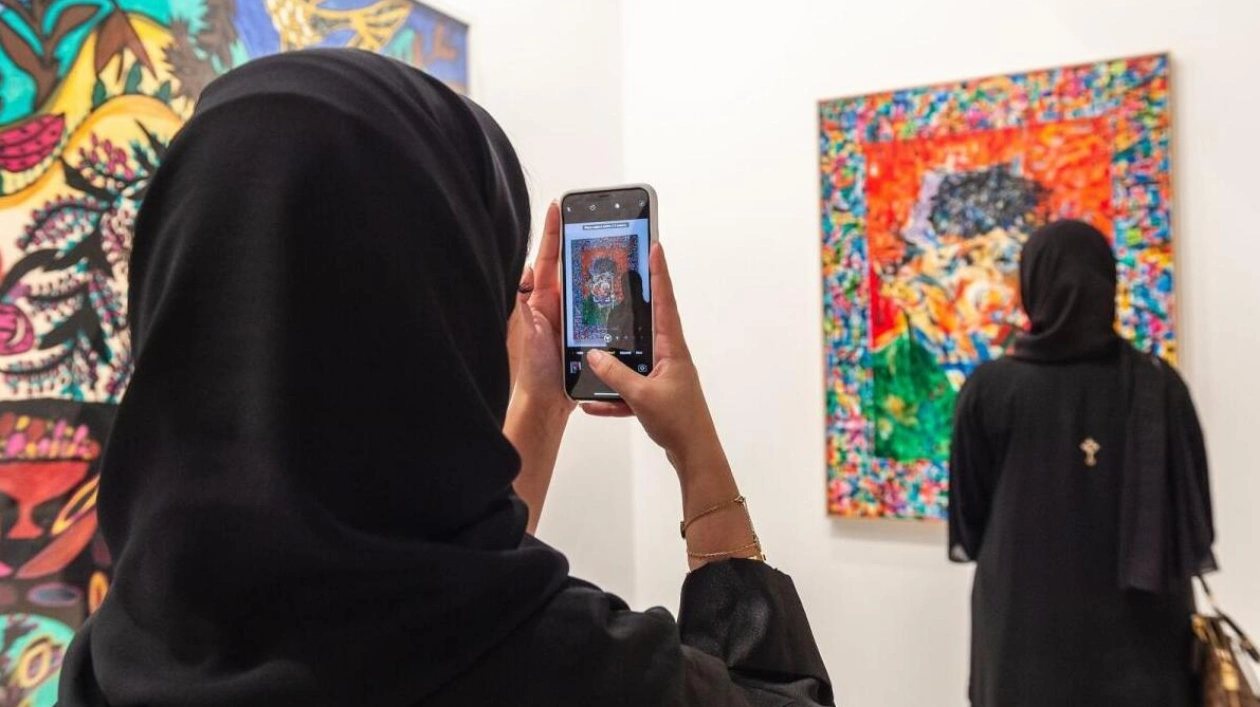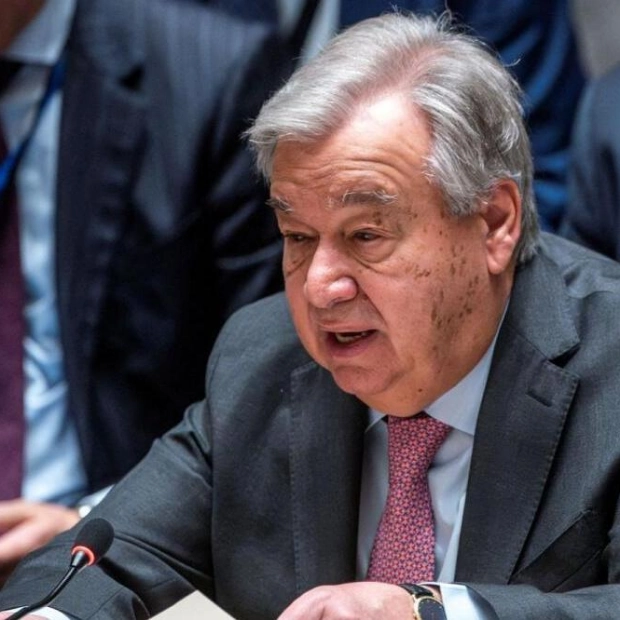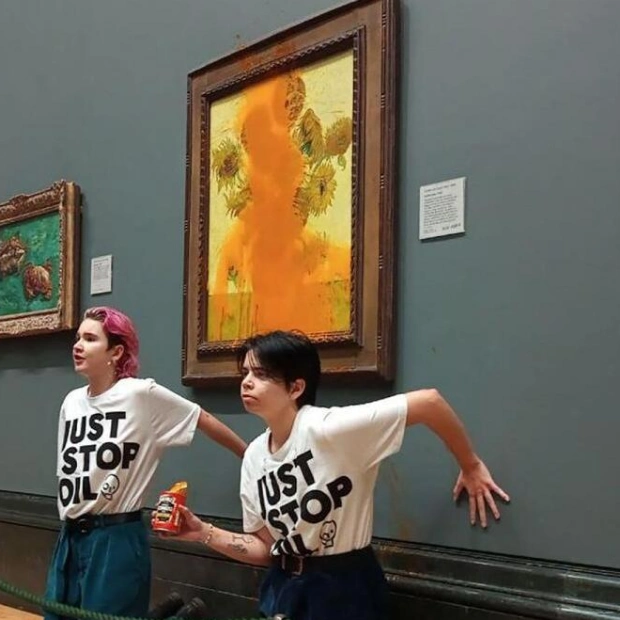A new federal law has been introduced in the UAE to regulate non-profit art institutions, empowering the art sector. This law offers a range of benefits to art industries, professionals, and talented artists.
The law aims to strengthen the artistic environment, promote artistic creation, attract talented artists, stimulate the creative economy, and establish a unified national legislative framework for arts institutions. Under the law, local authorities are encouraged to provide incentives and exemptions to support artistic and cultural initiatives. Additionally, art institutions are allowed to accept endowments, grants, donations, wills, gifts, and sponsorships, subject to specific legal requirements. They are also eligible for corporate tax exemptions.
The law promotes public art displays and accessibility through programs designed for all segments of society. Any natural or legal persons, from within or outside the country, may establish private museums, art exhibitions, theatrical or creative performances that are held temporarily, if they obtain permits and approvals from the competent authority. It also seeks to instill values of tolerance and coexistence among community members through artistic and creative activities.
Furthermore, art collections benefit from temporary customs exemptions for exhibitions subject to legal requirements. These measures aim to motivate artists in the UAE to prosper and present creations that reflect the cultural and artistic excellence of the UAE, thus consolidating its position as a regional and global hub for arts. Licensing procedures are further simplified under the new law, now managed by local authorities or the Ministry of Culture.
The law regulates the controls for licensing artistic institutions in the UAE, the requirements for their establishment, and the provisions for forming the boards of trustees of those organizations. It also identifies the types of artistic activities that artistic organizations may practice in the UAE, which include visual and audio arts, performing arts, literature, theatrical arts, and music. Holding events to provide the community members with artistic experiences and opportunities for artistic learning, academic lectures or courses, and film screenings are also included, in addition to using new technologies and virtual platforms to expand access to art collections and exhibitions.
The provisions of the law stipulate that practicing any artistic activity that is not licensed by the competent authority is strictly prohibited for all individuals and organizations. It also prohibits artistic institutions from inciting hatred and sectarian, racial or religious conflicts through their artistic activities.
Source link: https://www.khaleejtimes.com






